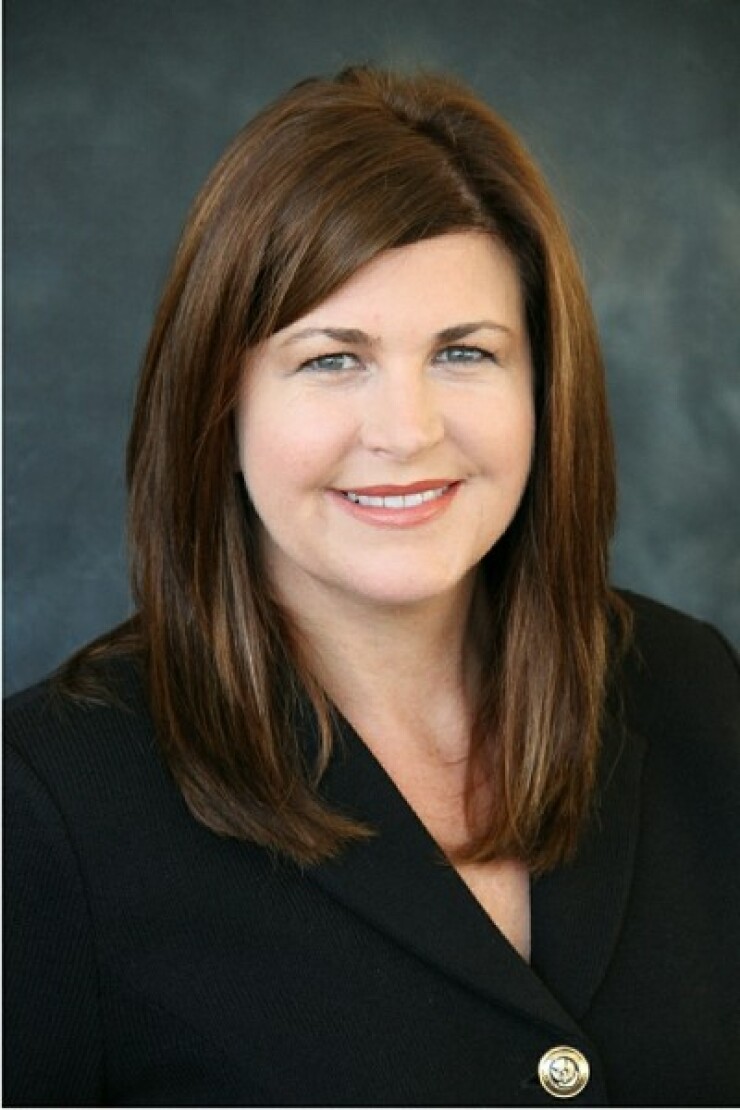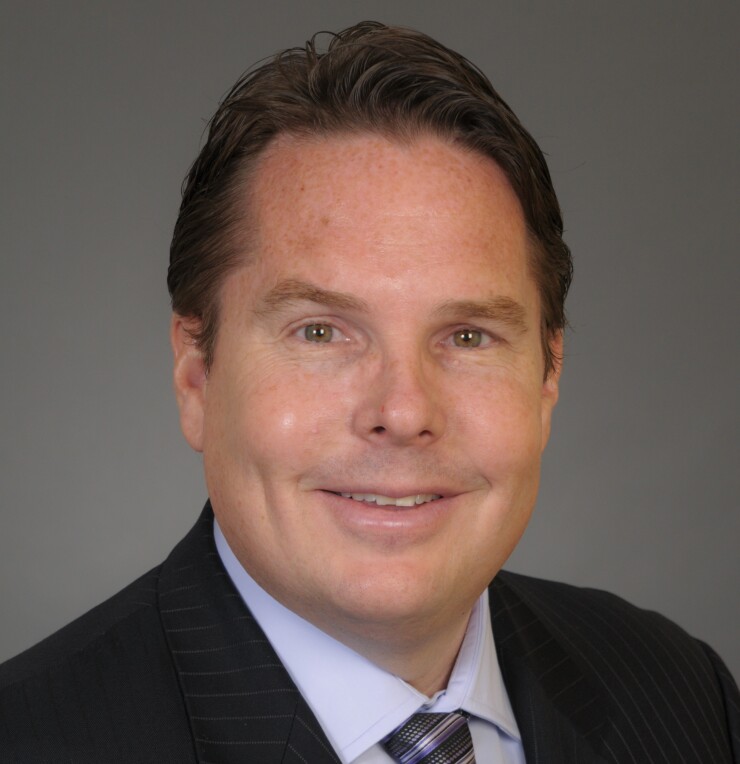There are three things Jim Dickson, CEO of Sanctuary Wealth, looks for when acquiring advisors: “Culture, culture, culture.”
“It's either a fit, or it's not,” he said. “You can try to make things work that you know in your heart aren't going to work. I think each of us have unique cultures and each of us have unique values, and the best thing you can do is stick to it. … I tell my team all the time, ‘let's find our tribe,’ people that value what we do and the value that we add. And if we get that right, everything else will take care of itself.”
Dickson was one of four panelists that spoke at RIA M&A: Today, Tomorrow and Next Year on Tuesday afternoon.

Carolyn Armitage, head of Thrivent Advisor Network; Ron Carson, founder and CEO of Carson Group; and Bob Oros, CEO of Hightower Advisors joined Dickson in a discussion about the mergers and acquisition market, moderated by Phill Rogerson, senior vice president of RIA Wealth Strategy at Envestnet.
“It's so critical that you have great discipline if you're going to be in the business of doing acquisitions, because there's this little known illness called deal fever that, if caught, will force you to make poor decisions that you will pay for forever,” Oros said. He added that he looks for leadership, fit and culture, and true growth in consistent same-store sales.
“When you really pare it back, I'm here to tell you the majority of the industry doesn't grow on a true same-store sales basis. We will not convince ourselves we can fix a business that doesn't grow,” Oros said. “We're not going to take a business that's not growing.”

If the bull market ends, the panelists predict it will only accelerate the already-hot mergers and acquisitions market.
“If you're already a little bit on the edge — ‘I'm not sure I want to be in or out; I don't know if I have the energy or not’ — and then all of a sudden you're having uncomfortable meetings with clients, you're like, ‘Heck, I'm going to exit,’” Carson said. “The bear market will cause much more activity in the M&A space.”
Dickson agreed and said “there's a fair amount of the demographic population that run a really investment-centric practice. That's what they do — they invest people's money. They're not doing that planning,” he said. “The minute the bull markets emerge, that's over. You won't be able to survive. They're going to be forced to” monetize quickly “before it loses value.”
The panelists said they’re still seeing a huge increase in merger and acquisition activity, and Carson pointed to a group he calls the “rich and tired” that are driving this.

“I think that people are becoming aware that you're either going to be the disrupter or the disrupted. There's really not a great middle ground. You're going to have to get to scale, you're going to have to be able to deliver alpha. We call it value beyond a doubt. And a lot of people are looking at it going ‘Do I really have the energy in order to do that?’ There's a group that we call rich and tired, and they've been in the business a long time, and they just don't have the energy to do what it takes,” Carson said.
Armitage also said advisors need to plan for their succession.
“It's disappointing, in our industry, how many financial planners have done such little financial or retirement planning for themselves,” Armitage said. “Usually, they have a good nest egg, but they haven't emotionally prepared for their own retirement and haven't put together their succession plan. So I would highly encourage individual advisors — whether they're on the buy side or sell side — to have some support, and not do this alone, especially on the sell side, for the most important financial decision of their career.”





